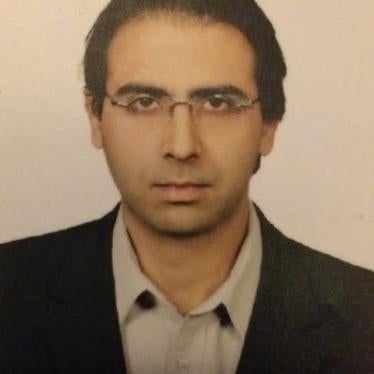Rule of law in Pakistan took a sinister step backward today when the Supreme Court upheld the use of military courts to prosecute terrorism suspects. The result? A green light by Pakistan’s highest judicial authority for secret military courts that can prosecute civilians and sentence them to death.
The Supreme Court’s majority ruling validates a constitutional amendment, passed on January 7, 2015, which permits the establishment of military courts empowered to try civilians for a two-year period. Military courts are a key component of Pakistan’s 20-point National Action Plan against terrorism. They are also a part of an official response, along with coerced repatriations of Afghans living in Pakistan and an end to the government’s unofficial moratorium on the use of the death penalty, to last December’s horrific attack by the Pakistani Taliban splinter group Tehreek-e-Taliban on a school in Peshawar that left at least 148 dead – almost all of them children.
The Pakistani government’s decision to use military courts to prosecute terrorist suspects was a de facto admission that the country’s civilian criminal justice system is broken. Authorities have sought to justify military courts as necessary for the “speedy trial” of terrorist suspects and to circumvent perceived “loopholes” of the civilian justice system. Such criticism is not without basis. Pakistan’s civilian courts have a well-earned reputation for prosecutions undermined by both corruption and a glacial pace.
But if the Pakistani government’s diagnosis of the problem was correct, its prescription to address it is wrong-headed and dangerous. Empowering military courts to address the failures of the civilian justice system will have a long-term negative impact on Pakistan’s struggle to create a professional and independent judicial system. As a party to the International Covenant on Civil and Political Rights, Pakistan is obligated to uphold and take measures to ensure basic fair trial rights. Governments may not use military courts to try civilians when the regular courts are functioning. The United Nations Human Rights Committee has stated that “the trial of civilians in military or special courts may raise serious problems as far as the equitable, impartial and independent administration of justice is concerned.”
The government of Pakistan needs to display resolve in building up the capacity of the civilian judiciary to prosecute terrorism cases. Seeking a quick fix through the use of military courts is a perilous non-solution that will pose a long-term threat to the rights and safety of the Pakistani people.









